World Needs Public Health, Nursing to Lead Way in Global Pandemic
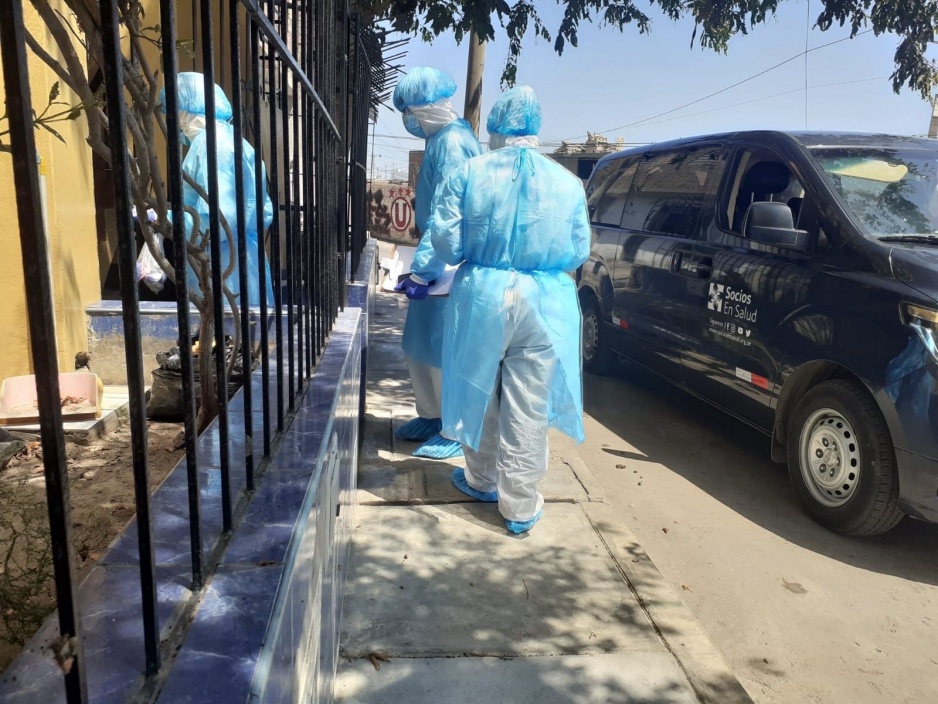

The following essay was written by Dr. Sheila Davis, PIH’s CEO and an expert nurse, in honour of Nurses Week, which extends from May 6 through May 12.
This is not the celebratory Nurses Week I had imagined for 2020. This being what the World Health Organization named the Year of the Nurse and Midwife, I had visons of a week filled with celebrations and social media highlights of the amazing nurses who work at Partners In Health (PIH) globally. This year will instead be remembered as the time of the COVID-19 pandemic and talk of isolation, quarantines, and a different life for all of us.
All over the world, we are seeing people honoring and celebrating nurses and all frontline health workers. There are music, lights, horns blowing, and pots and pans making a cacophony of sounds every evening in some cities—all to pay respect to our essential workers. The word “hero” is being used a lot, fitting I think in many circumstances.
But there is also an uprising of health care workers who do not want to be called heroes; they want a safe place to work and provide care for their patients. These frontline workers make sacrifices every day. There are many things that cannot be controlled in a health care environment, but access to protective equipment is not one of them. This can happen with the right strategy, planning, and prioritization by those in power.
We also need to acknowledge and give thanks to all of the frontline workers who are risking their lives, including those who work in stores, those harvesting and hauling our produce, firefighters, police, and countless others who make the machinery of our lives function.
COVID-19 and health disparities
The United States spends the most per capita on health care, yet trails other countries in many health indicators, including life expectancy and infant and maternal mortality. The disparities that underlay those statistics—such as access to care along racial and economic lines—are becoming even more pronounced during this pandemic. People living in small spaces with many others are not able to safely quarantine or isolate themselves if exposed or infected with COVID-19, leading to high rates of familial transmission. Food insecurity and the reliance on public transportation are most likely increasing risk for infection, while the disappearance of many service industry jobs is further compounding the disease’s assault on communities.
COVID-19 is not the great equalizer, and those who say viruses are equal opportunity infectors are wrong. APM Research Lab is tracking mortality rates from the 38 states that are releasing that data. The existing data are deeply disturbing and reveal deep inequities by race, especially for Black Americans. The latest available COVID-19 mortality rate for Black Americans is 2.3 times higher than the rate for Asians and Latinos, and 2.6 times higher than the rate for Whites.
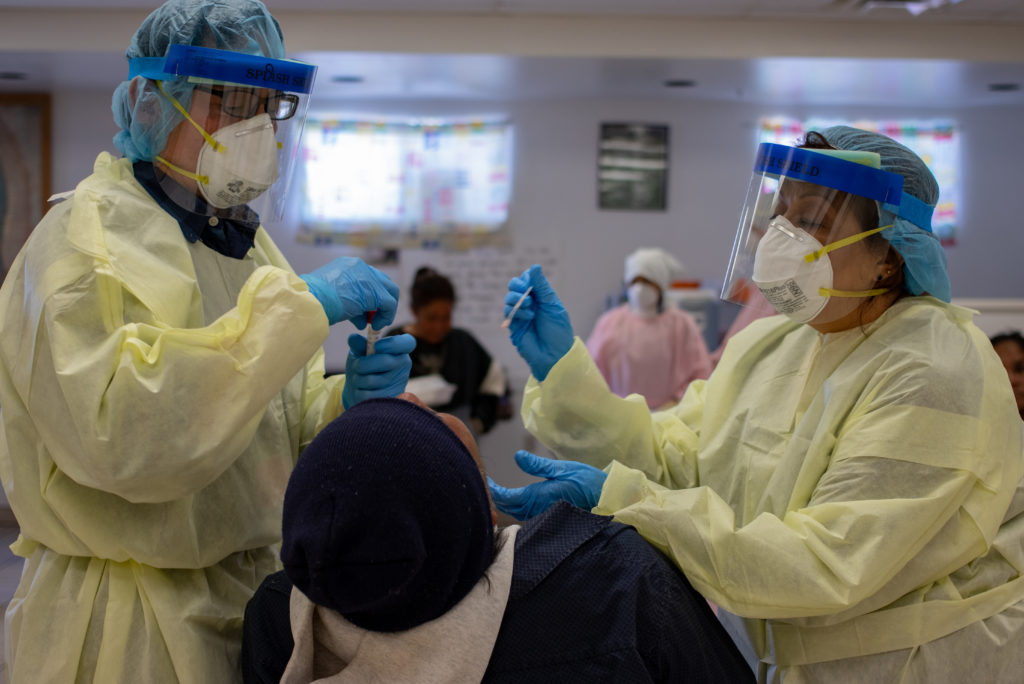
We also know that Navajo Nation has been severely impacted. As of May 4, the Navajo Nation had reported a total of 2,373 cases and 73 confirmed deaths from COVID-19. With a rate of 46 deaths per 100,000 people, the tribal nation has a higher coronavirus death rate than every state in the country except New York, New Jersey, Connecticut, and Massachusetts. PIH’s sister organization, Community Outreach and Patient Empowerment (COPE), is working hard to provide support to the Navajo Nation.
For the first time, many people in the U.S. are worrying about whether hospitals have enough ICU beds, whether their loved ones working there have enough gloves and masks to protect themselves, and whether they themselves have enough food at home as income evaporates. These worries have always existed for vulnerable populations living in this country, and even more so for those who work in the PIH global sites in Africa and Latin America.
Global North learns from Global South
With the first reports of the arrival of a new virus, we at PIH looked to our global experts in Rwanda, Haiti, Peru, Liberia, and beyond for guidance in responding to this pandemic and lessons learned from others. Rwanda has an aggressive COVID-19 strategy and has had a lot of success keeping transmission under control with comprehensive public health measures. Our colleagues in Haiti treated and hunted down cholera in 2010. In Peru, our community health workers conducted contact tracing for multidrug-resistant tuberculosis cases and prevented countless deaths. And to eliminate Ebola in Libera and Sierra Leone, we employed survivors who helped track down the virus’s spread in their communities to stop transmission and end the epidemic there.
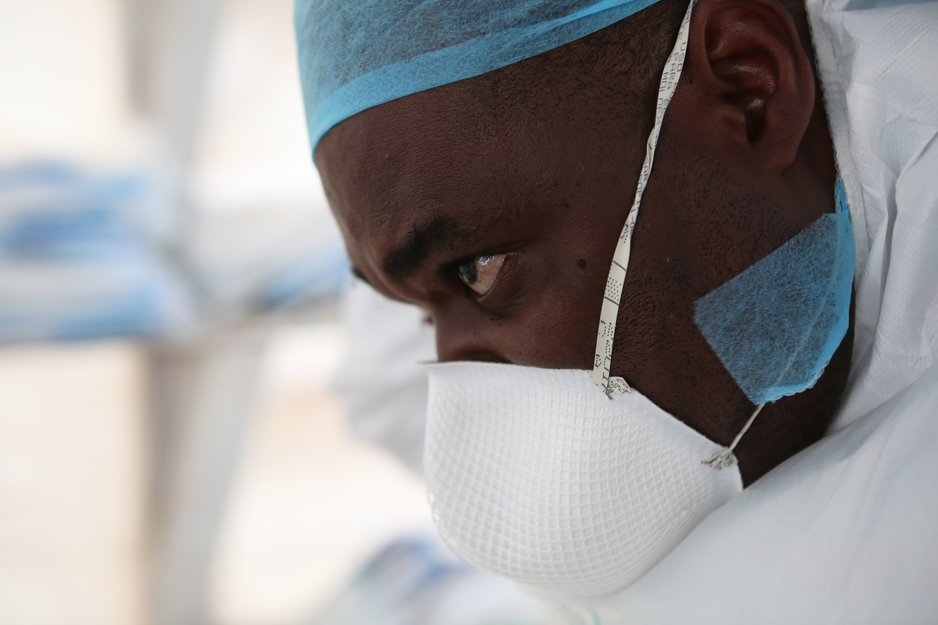
Technology is great; we push for access to the best tools to monitor and evaluate care. But these tools can only support the most crucial players in the battle against a global pandemic—human beings. At times of stress, sadness, and fear, we all seek human connection, compassion, and empathy. There is no app for that.
In the vast majority of PIH sites, we do not have access to ventilators, but are doing the best we can while we continue to fight for more. Alongside our colleagues in the ministries of health, we are working hard to improve hospitals and make sure there is 24-hour electricity, running water, oxygen, and essential medications to try and stabilize critical patients.
But we are not there just to respond to COVID-19. We have already been there for years, in some cases decades, because PIH made a long-term commitment to the countries where we work. And we will stay there, as long as we are needed. Just as with HIV, TB, Ebola, and other challenges to the health system, we need to fight the immediate danger in front of us AND continue to build or strengthen national health systems.
Lessons from a pandemic
When working in West Africa during the 2014 to 2015 Ebola outbreak, home was a place of refuge for me each night. This feels very different to me now, as home can feel often like a fortress to keep the world out and not a place for rejuvenation. This has increased my awareness of and empathy for my colleagues, whose homes are in the communities where we work globally. As much as I thought that I had appreciated the duality of working and living in the same place in the midst of an epidemic, I know now that my experience was surely different than my West African colleagues. Just as we turned to our colleagues to teach and guide us through large-scale contract tracing, I am also relying once again on my mentors and teachers from PIH country sites to learn how to respond to crises in my own backyard.
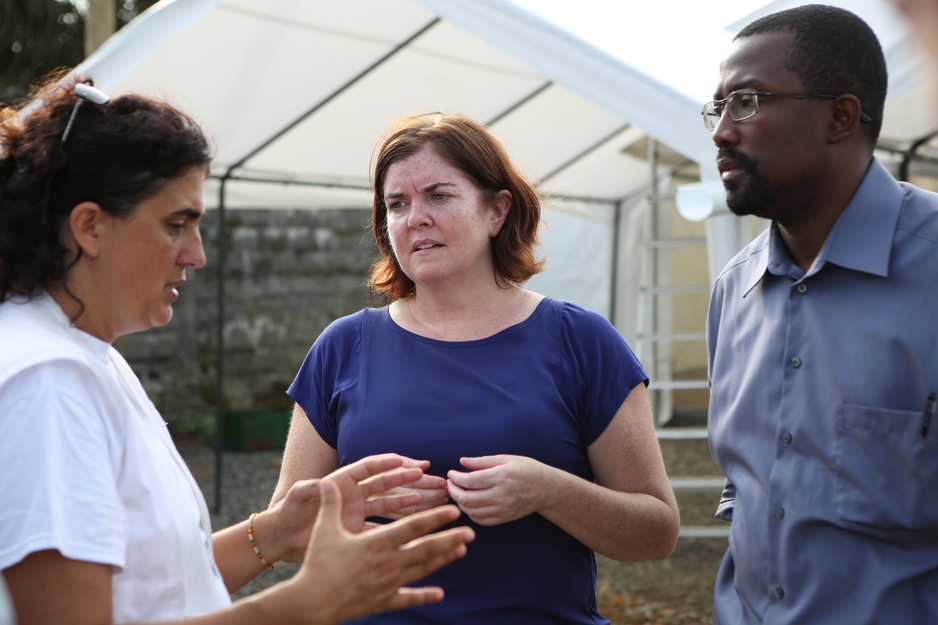
As the pandemic has run rampant throughout the U.S., it is painfully apparent that this country is ill-prepared, despite spending the most on health care in the world. Our health care system has been built around high-tech solutions in elaborate hospitals that provide the most advanced level of acute care. There is no doubt that that is very much needed. But what we do not have is a robust public health system that can identify and address pathogens and illnesses where they appear—within the community. We need a system that strives to address health and illness and relies on an interdisciplinary team to provide care in people’s homes, schools, places of worship, and community gathering places.
Lilian Wald & Florence Nightingale
We need Lilian Wald. Lilian was a 26-year-old nurse who settled in the lower east side of New York in 1893 and who, two years later, opened the Nurses Settlement (later called the Henry Street Settlements). She believed that poverty was the result of societal structural forces and worked with the most vulnerable communities to connect them with health care. She saw people in their homes, saw their challenges, and fought to provide a dignified approach to care for all.
Lack of access to clean water, electricity, food, and quality health care is not just an example from Lilian’s days; it is an issue in the U.S. and globally today. We need a strong public health nursing presence today during COVID-19 and long after.
For decades our public health systems have been defunded and dismantled. If there is even a sliver of a silver lining to this pandemic, it is that a light has been shown on the U.S.’s lack of a comprehensive health care model that connects a community to a clinic to a hospital and back again. We need health care that is embedded in communities as the norm. Epidemic control is local and needs local solutions supported by a strong network at the state and federal levels. We need excellent hospitals, but as a part of a continuum of care delivery, much of which can be done more effectively, efficiently, and less expensively in the community.
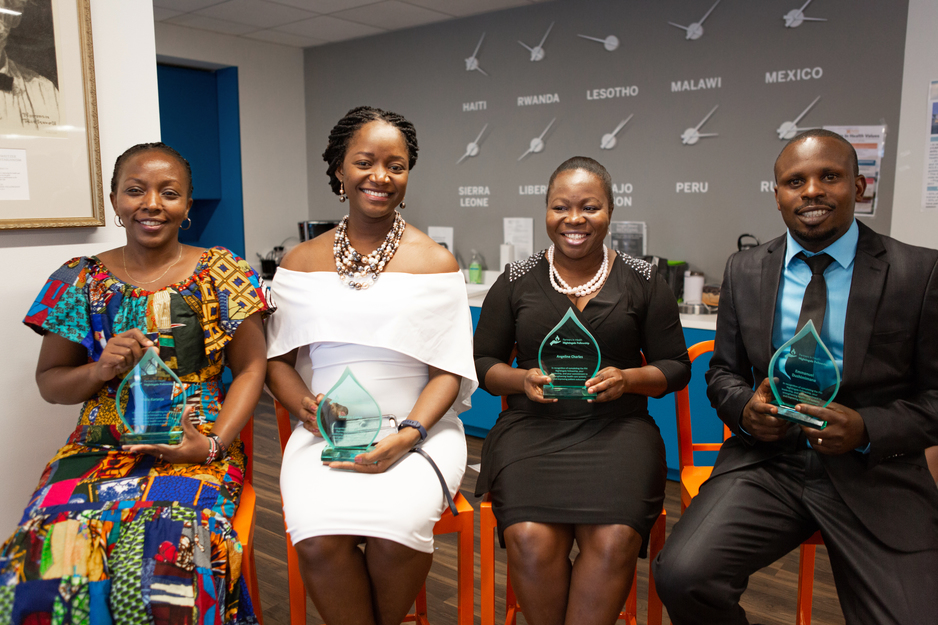
Nursing as a profession must answer this call. Let us lead the way and shift the locus of health care away from the hospital and bring it back into the community. Lilian would be proud.
May 12 is the birthday of Florence Nightingale, the modern-day founder of nursing, and the last day on which we celebrate Nurses Week. On that day, I will stop, remember her and Lillian Wald, and think about the PIH nurses and midwives who are working hard combatting COVID-19 and delivering all of the other amazing care they provide every day. I will then do what nurses always do—I will go back to work.
Article originally posted on pih.org



